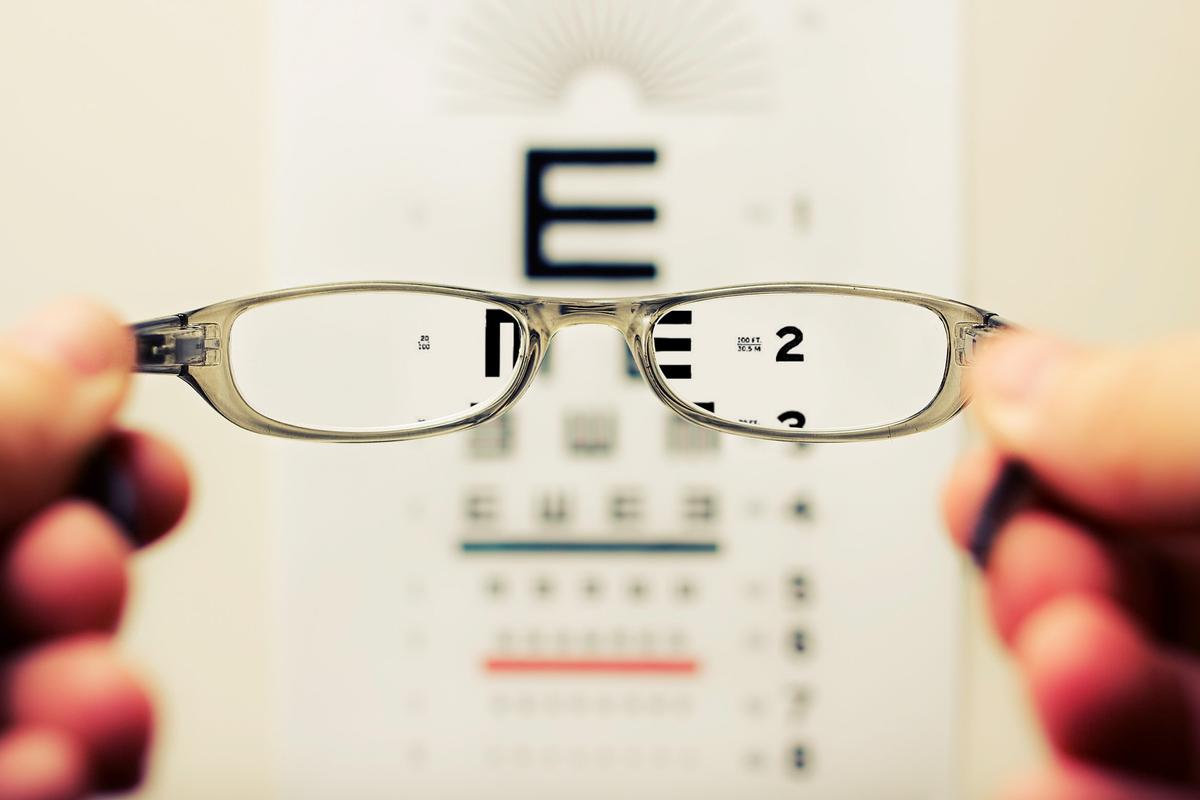Careers in the Spotlight

How to become an Optical Dispenser
Optical dispensers (also known as opticians) interpret optical prescriptions, fit glasses and contact lenses, and help customers select frames that suit both their visual needs and personal style. Working closely with optometrists, they ensure that every pair of eyewear fits comfortably and provides clear vision.
If you have excellent attention to detail, enjoy working with people, and are interested in combining technical knowledge with customer service, a career as an optical dispenser could be perfect for you.
What skills do I need as an optical dispenser?
- Strong attention to detail
- Excellent communication skills
- Patient and adaptable
- Fantastic teamworker
- Good hand-eye coordination
- Great problem-solver
- Customer service-focused
- Organised and efficient
What does the job involve?
- Interpreting optical prescriptions
- Taking measurements to ensure proper fit
- Assisting customers in selecting appropriate frames
- Advising on lens options, coatings and special features
- Adjusting and repairing frames
- Educating customers on eyewear care and maintenance
- Maintaining accurate customer records
- Managing eyewear inventory and displays
What industries do optical dispensers typically work in?
- Health Care and Social Assistance
- Retail Trade
What Career Cluster do optical dispensers belong to?
Because the core of their job involves supporting other people with their health, most optical dispensers belong to the Guardian Cluster. There are also elements of the role that might suit Coordinators (organising records and managing inventory), Linkers (selling products and supporting customers), and Makers (fitting and repairing frames).
What kind of lifestyle can I expect?
Optical dispensers are commonly employed by optometrists, optical retailers, or even specialist optical dispensaries, and work standard business hours. If you work in a retail store, you may need to work some evenings and weekends to accommodate customer schedules. Part-time and casual opportunities are also common for those seeking extra flexibility.
Most optical dispensers earn an average salary throughout their careers. There are opportunities for further training and upskilling that may lead to higher wages.
The role involves being on your feet for extended periods as you move around the store greeting customers and assisting with fittings. The hands-on nature of the job means opportunities to work remotely are extremely limited.
How to become an optical dispenser
To work as an optical dispenser, you usually need to complete a relevant qualification, such as a Certificate IV in Optical Dispensing. This course involves a combination of both theory and practical experience, and can also be done as a traineeship.
In some cases, you may be able to start working as an optical assistant and build some skills and experience before receiving in-house training from your employer or support to study externally to become an optical dispenser.
What can I do right now to work towards this career?
If you’re in high school and you’d like to find out if a career as an optical dispenser is right for you, here are a few things you could do right now:
- Look for work experience opportunities at local optometry practices or optical retail stores.
- Develop your customer service skills through part-time retail work or volunteering.
- Work on your fine motor skills through hobbies like model building, origami, or learning a musical instrument.
Where can I find more information?
- International Opticians’ Association
- Optical Dispensers Australia
- Association of Dispensing Opticians of New Zealand
- Association of British Dispensing Opticians
- Irish Association of Dispensing Opticians
- American Board of Opticianry
- Opticians Association of Canada
Similar careers to optical dispenser
- Optometrist
- Optical Designer
- Ophthalmologist
- Retail Assistant
- Pharmacy Technician
- Pathology Collector
- Lab Technician
- Dental Technician
Find out more about alternative careers on our Job Spotlights page

